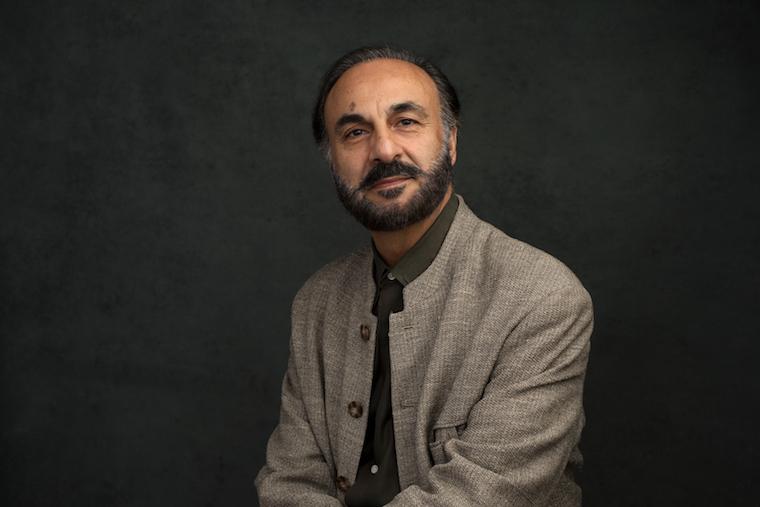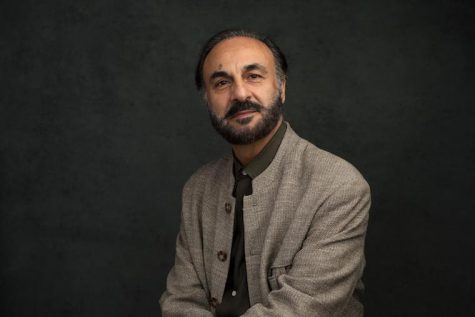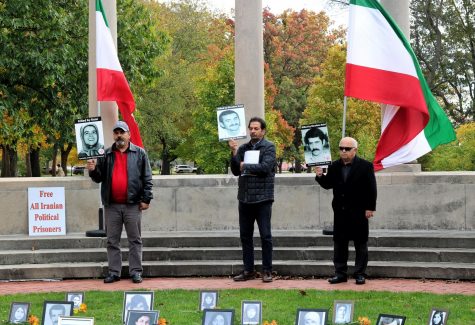Historical Context
Professor of Religion and Nancy Schrom Dye Chair of Middle East and North African Studies Mohammad Jafar Mahallati.
Members of the Baha’i Faith have been persecuted since the faith’s inception in Iran in 1844. However, conditions worsened after the 1978–79 Islamic Revolution. Amnesty International has reported that 202 Baha’is have been killed since the revolution. Hundreds more have been imprisoned or tortured, and over ten thousand have been banned from schools and jobs.
1983
The United Nations Commission on Human Rights discussed the death sentences on 22 Baha’is for practicing their faith. While Mahallati was not yet the ambassador, he served as a representative of Iran in this commission. In notes from the U.N. report on the commission, Mahallati is quoted comparing the activities of Baha’is to acts of immorality, sexual abuse, and murder. He also questioned why, in Europe and the U.S., such acts were punishable by execution, while Iran was held to different standards regarding executing the Baha’is.
“It would also be interesting to know why the European Parliament had the right to restrain the activities of the followers of certain sects and, for example, to prevent sexual abuses committed by those sects whereas his country was required to tolerate all immoral behaviour or sexual abuse, sometimes advisable according to groups such as the Baha’is, why some countries such as the United States had the right to execute murderers, while his country could not punish terrorists who burned schoolchildren and, finally, what was the definition of religion and in what way a religion differed from a sect,” the report read.
1987
Four years after that commission, Mahallati was appointed as Iran’s ambassador and permanent representative to the U.N. as the Iran-Iraq conflict entered its seventh year. Mahallati played a prominent role in brokering peace between Iran and Iraq during his tenure as ambassador.
November 1988
Former U.N. Special Rapporteur on Extrajudicial, Summary or Arbitrary Executions S. Amos Wako submitted a report to the Commission on Human Rights on the situation in Iran. A Nov. 3, 1988 New York Times article on the report reads, “200 Mujahedeen supporters were believed to have been killed in Evin Prison in Teheran [sic] on July 28. The bodies of 860 more ‘executed political prisoners’ were reported to have been taken from the same prison to the Behesht Zahra cemetery from Aug. 14 to 16. The report lists numerous other executions of Government opponents in the summer.”
Mahallati agreed to respond to these allegations against Iran in a meeting with U.N. Special Representative on the Human Rights Situation in the Islamic Republic of Iran Reynaldo Galindo Pohl. “[Mahallati] indicated that he intended to present a procedural decision under which the Iranian Government would express its commitment to co-operate with the Special Representative in all respects before the end of 1988,” reads a Jan. 26, 1989 Commission on Human Rights report.
Yet nine days after the initial meeting, on Nov. 29, 1988, Mahallati met with Pohl again denying allegations of the killings.
“[Mahallati] referred to the alleged wave of executions mentioned in the interim report and denied the allegations,” reads the same 1989 report. “He indicated that many killings had in fact occurred on the battlefield, in the context of the war, following the invasion of the Islamic Republic of Iran by the organization called the National Liberation Army (NLA). The Permanent Representative showed the Special Representative a videotape produced by NLA, which he qualified as political and propaganda material, indicating that films of that nature were regularly being broadcast into the Islamic Republic of Iran from the NLA headquarters in Iraq.”
The Past 15 Years
In 2007, Mahallati joined the Oberlin College Religion Department. Four years later, in 2011, Mahallati’s initiatives on campus resulted in the official chartering of the Oberlin Friendship Circle as a student organization.


